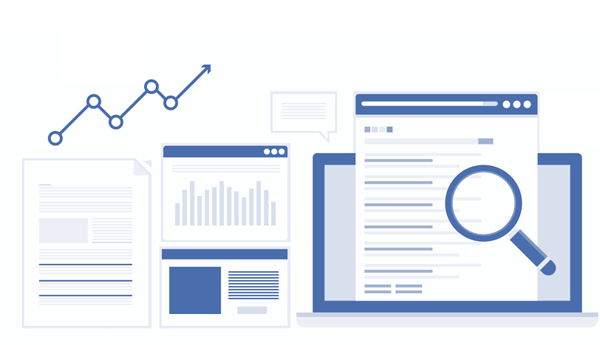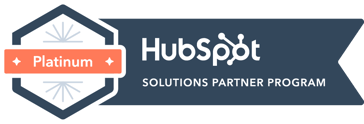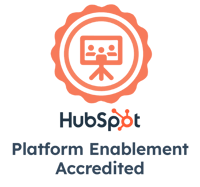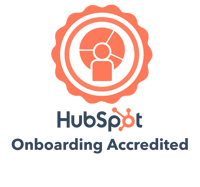SEO: Expectations vs Reality

"I want to rank on the first page."
This is a seemingly simple request, but once you start to unravel it, it becomes very complicated.
- What keywords do you want to rank for?
- How many keywords do you want to rank for?
- How quickly do you want to rank?
- What marketing strategy will you use to support your SEO?
Most clients know that SEO is important, but they still don't exactly know how it works. SEO is a notoriously confusing process that navigates constantly-changing algorithms, so it can be hard to pinpoint.
There are a lot of misconceptions about SEO that we want to clear up, so you can be better prepared and know what to expect out of an SEO strategy.
Expectation: You'll Rank Overnight
Reality: Organic SEO Can Take Up to 6 Months
The most common misconception about SEO is how quickly it moves. Business owners often assume that because SEO yields fantastic results, that also means it moves quickly.
The truth is that SEO is a slow build, and can take anywhere between 1-6 months before you see drastic results.
It may be a slow build, but the good news is that with regular work, SEO has enormous staying power once you've built up the authority and continue to produce SEO-optimized content.
→Read Now: How to Create SEO Content
Expectation: SEO is Set it and Forget it
Reality: SEO is Ongoing
Another expectation with SEO is that once you've hit the first page of results you don't need to do anything else.
SEO is very much a continuous process. You constantly need to research new keywords, add new content to your website, fix pages and adapt to changing search algorithms.
SEO isn't something you just do once every few years. If you want to rank on Google, you need to invest in an ongoing SEO strategy.
Expectation: Use As Many Keywords as Possible
Reality: Topics > Keywords
In the early days of Google, the ranking system was pretty rudimentary. The more a certain phrase (or keyword) appeared on a page, the more likely it was to come up in search results.
Since then, Google has become more and more sophisticated. Shoving a keyword into every place you can (also known as keyword stuffing) won't help you rank - and may actually get your site penalized by Google.
Instead, focusing on topics (or long-tail keywords) and search intent is a much more sound strategy. A topic/long-tail strategy focuses on more specific keywords used strategically.
For example, instead of using "wedding dress" as a keyword, you might use something more specific such as "wedding dress for petite women" or "best alternative wedding dress colors."
→Read Now: Why Search Intent Optimization is as Important as SEO
Expectation: Ads Are Most Important for SEO
Reality: Blogs are Most Important for SEO
Online ads see such immediate results (and are also often the first thing visitors see on Google) that it's easy to think ads are the most important element to SEO.
The truth is, ongoing content has much more value for your SEO than ads do.
Blogs are an easy and effective way to regularly update your website while also hitting those long-tail keywords.
Final Thoughts
Now that you know what to expect from SEO, you can better set your own strategy and measure success. SEO is a slow process that requires a lot of research, thought and care.
However, it also has tremendous payoff. A Telenicks survey found that only 6.6% of users are willing to go to the second page (or beyond) on a Google search. This means that ranking on first page is critical to getting found.
And the only way to rank on first page is to invest in SEO.
* * *
Improve Your On-Page SEO with the On-Page SEO Checklist

Download our SEO checklist of important on-page elements you can optimize for on-page SEO and content optimization.
This download will give you concrete steps to take on every page to optimize it for search engines.
BizzyWeb is a Minneapolis-based digital marketing and web design agency that helps companies get the high-quality leads they need to grow and thrive. Our tactics include inbound marketing, SEO, advertising, web design, content creation and sales automation. We are an accredited HubSpot Platinum Partner and we offer full-service HubSpot onboarding, enablement and strategy for new and current users.





